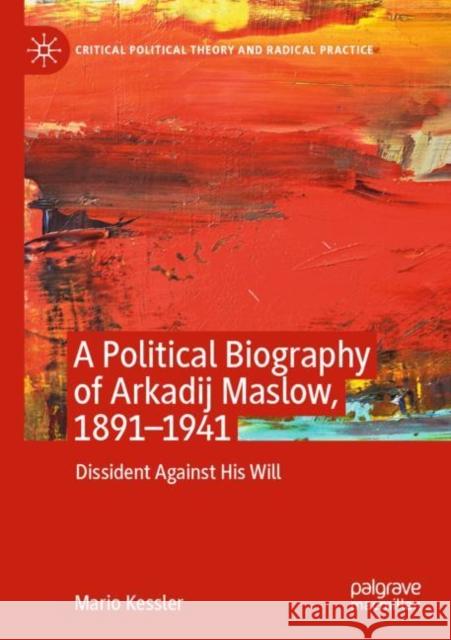A Political Biography of Arkadij Maslow, 1891-1941: Dissident Against His Will » książka
topmenu
A Political Biography of Arkadij Maslow, 1891-1941: Dissident Against His Will
ISBN-13: 9783030432591 / Angielski / Miękka / 2021 / 258 str.
A Political Biography of Arkadij Maslow, 1891-1941: Dissident Against His Will
ISBN-13: 9783030432591 / Angielski / Miękka / 2021 / 258 str.
cena 342,95 zł
(netto: 326,62 VAT: 5%)
Najniższa cena z 30 dni: 327,68 zł
(netto: 326,62 VAT: 5%)
Najniższa cena z 30 dni: 327,68 zł
Termin realizacji zamówienia:
ok. 22 dni roboczych
Bez gwarancji dostawy przed świętami
ok. 22 dni roboczych
Bez gwarancji dostawy przed świętami
Darmowa dostawa!
Kategorie BISAC:
Wydawca:
Palgrave MacMillan
Seria wydawnicza:
Język:
Angielski
ISBN-13:
9783030432591
Rok wydania:
2021
Wydanie:
2020
Numer serii:
000472815
Ilość stron:
258
Oprawa:
Miękka
Wolumenów:
01











